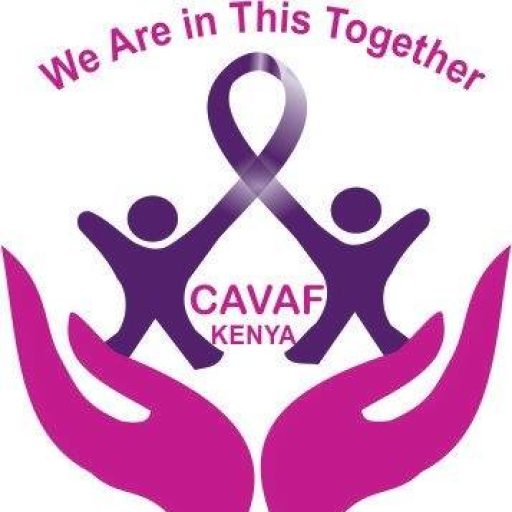Cancer doesn’t just affect the individual diagnosed; it also profoundly impacts their family members and loved ones. The emotional, physical, and financial strains can be overwhelming. Here’s how cancer reverberates through the lives of those close to the patient:
Emotional Turmoil
Family members often experience a whirlwind of emotions including fear, anxiety, anger, and sadness. The diagnosis can lead to a sense of helplessness as they watch their loved one battle the disease.
Psychological Stress
The uncertainty of the illness and its outcome can lead to significant psychological stress. Family members may suffer from insomnia, depression, and anxiety as they cope with the reality of the disease and its treatments.
Financial Strain
Cancer treatment can be incredibly expensive, even with insurance. Family members often find themselves bearing the brunt of these costs, which can lead to financial stress and difficult decisions about care and support.
Caregiving Responsibilities
Family members often take on the role of caregivers, which can be both physically and emotionally exhausting. This responsibility can lead to burnout, especially when combined with other duties like work and childcare.
Social Isolation
The intense focus on the sick family member can result in social isolation for other family members. They may withdraw from social activities and friendships, either due to time constraints or because they find it hard to engage in regular life activities while their loved one is suffering.
Changes in Family Dynamics
Cancer can alter family dynamics, sometimes bringing members closer, but often causing strain. Disagreements about treatment decisions, financial burdens, and caregiving responsibilities can create conflict.
Positive Outcomes
Despite the challenges, some family members find that the experience strengthens their bonds. The shared experience can lead to deeper connections and a renewed appreciation for life and each other.
Coping Strategies for Family Members
Seek Support: Joining a support group for families of cancer patients can provide emotional relief and practical advice.
Take Care of Yourself: Ensuring you have time for self-care is crucial. Regular exercise, healthy eating, and adequate sleep can help manage stress.
Delegate Responsibilities: Don’t hesitate to ask for help from other family members, friends, or professional caregivers.
Stay Informed: Understanding the disease, treatment options, and what to expect can reduce anxiety and help in making informed decisions.
Communicate Openly: Maintaining open lines of communication with the patient and other family members can prevent misunderstandings and foster a supportive environment.
Cancer is a formidable adversary, not just for those diagnosed but for their loved ones as well.






